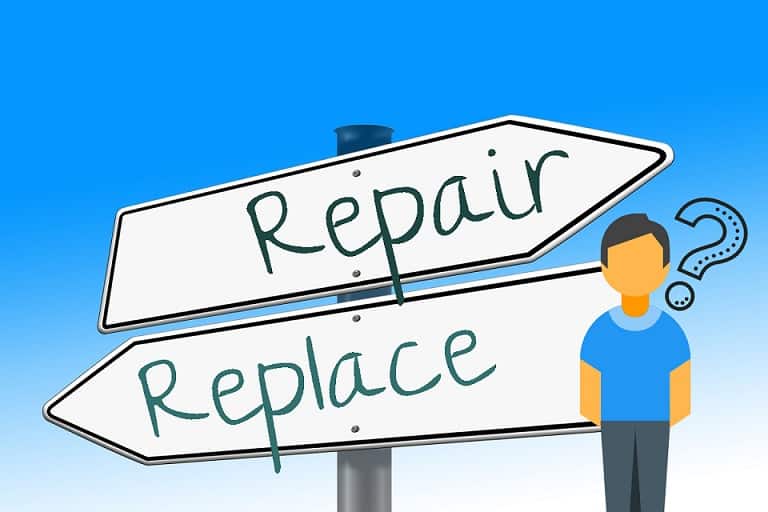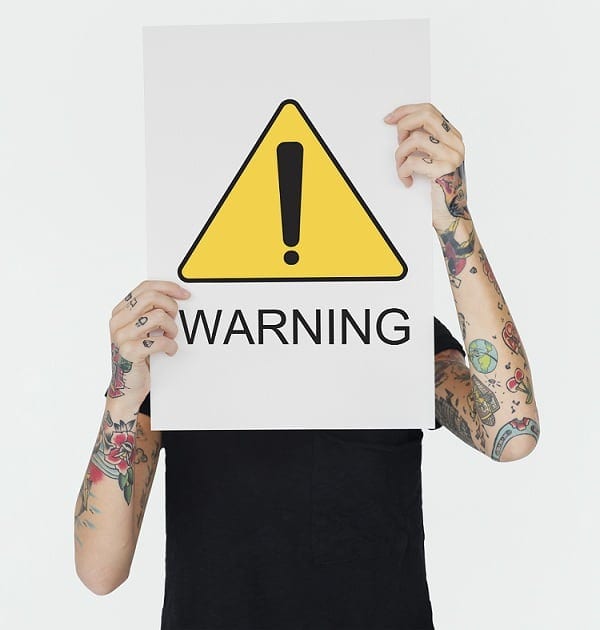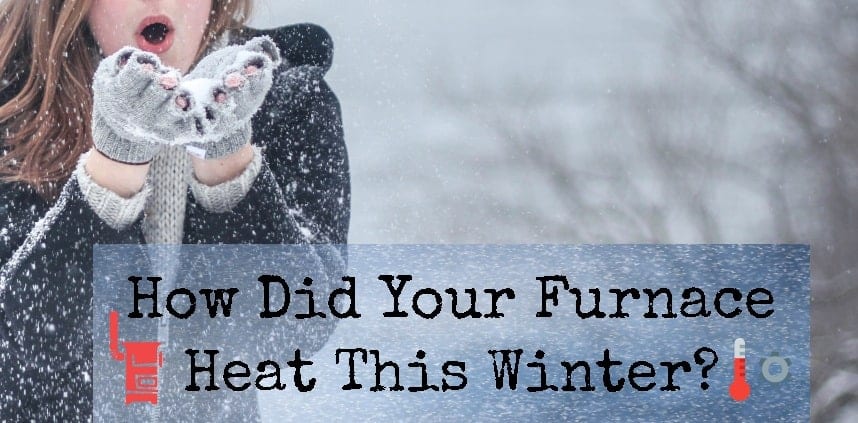Now is an excellent time to think back, how did your furnace heat this winter? Maybe it is time for an upgrade or replacement?
As a homeowner, you will find some equipment investments are more critical than others, such as your furnace. Two areas you will want to monitor is how effectively and efficiently your heating furnace performs.
Whether you use natural gas or oil, without proper knowledge of how well your unit is performing, you could be out big bucks in the long run. It is important to know if problems occur when it’s okay to spend money on repairs or if it is best to invest in a new unit due to unsafe circumstances.
A healthy and comfortable living environment requires a safe and energy-efficient heating system. If your heating unit is heating your home without consuming high volumes of energy while regulating the quality of your indoor air you are in good shape.
When to repair versus replacing your furnace?

With most units that are under twelve years old are no threat of needing replacing as long as the maintenance of the unit is properly up-to-date. Instead of considering replacing the unit if there are reasons to suspect it may not be performing up to par, invest some money and time improving areas in the home that may be contributing to the high usage of energy.
Ensuring that your home is all around energy-efficient while keeping maintenance up-to-date will help with the longevity of your furnace. Often when a homeowner sees a rise in their heating bill, they naturally assume it’s due to a malfunction of the unit, however, unless the unit is an older model, this is rarely the case.
Warning signs of a failing heating unit

If your unit is beginning to fail, there are warnings signs to pay attention for that will indicate that you may need to replace your electric, gas, or oil furnace. The most important thing is not to wait until the system ultimately stops working before you have a professional look it over.
Keep in mind heat is needed because temperatures are cold, putting off assessing your system before the winter months is not the route you want to take. The last thing you want to happen is to have a faltering or failing means of heat in the middle of a cold front.
It will pay off in the long run if you are aware of the performance of your heating system before its too late and you face expenses that you aren’t prepared to pay. Gathering the right knowledge is the key to being prepared.
The following are some common warning signs you should pay attention to when trying to decide whether to replace your furnace. Keep in mind not every sign will apply to your particular unit.
Your equipment may not show all the symptoms, but the rules could still apply when deciding if the time is right to replace your furnace.
-
- Rising cost to heat the home: One of the first sign most occupants notice is the rising cost to heat the home. Keep in mind, to keep a house warm during the dead of winter; you can expect to see an escalation in your heating cost. Again, this is when knowledge comes in handy. Compare last years bills to your current cost to get an idea of what you bill should be.
- Ongoing repair cost: If you see that you have had to sink money in numerous repairs over a two-year span, it may be time to consider replacing the unit before you invest more money than what your old unit is worth.
- Thermostat setting is not keeping a comfortable environment: If you put your thermostat at the desired temperature yet the equipment runs for extended periods of time without reaching the temperature, this is a sign of a sluggish unit.
- Noticeable odd noises while the unit it is running: Hearing unusual sounds while the equipment is running such as clanking, grinding and/or loud squeals are signs of a faulty system.
- Age of your system: The average heating system (electric, oil, or gas) life expectancy for home furnaces is 17 and 20 years. If your equipment falls in this range or older, you may want to start shopping prices. You don’t want to find yourself needing a system versus making a home improvement purchase.
The equipment working environment will play a huge role in its lifespan; this is why having regular maintenance servicing by a professional is crucial. Routine maintenance will give the expert the chance to assess the equipment to make any necessary recommendations.
Important details to keep in mind

Carbon monoxide emission monitoring is the most important precaution you can take for the safety of you and your family. Pay close attention to the color of the flames if you operate with a propane or natural gas furnace. If the flame is flickering or yellow in color, these are signs of high levels of carbon monoxide generated by your old equipment.
Other symptoms that could signal carbon monoxide poisoning are:
- Lack of a draft in a chimney
- Soot streaks around the furnace
- Excess rust on appliance jacks, flue pipes or pipe connections
- Excess moisture found on windows, walls, or other cold surfaces
- Minor signs of water leakage from or around the chimney, flue pipe or vent
Pay attention to the health of you and your family

It is crucial that you keep carbon monoxide detectors throughout your home. When present, this lethal gas can easily seep into the house undetected.
Symptoms are:
-
-
- Disorientation
- Frequent headaches
- Nose and eyes experience burning sensations
- Nausea
- Flu-like symptoms
-
Should you or your family experience any of these symptoms, open a window in the room of the furnace location, get air into the home, get your family out and call 911 immediately. Not all malfunctions are visible which is why you should have regular maintenance cycles performed by a professional.
Taking chances with a furnace that is either too old to properly function or one that has shown signs of faultiness is not something you want to put off getting checked. Not only can it turn into an unnecessary, costly endeavor, but you could also be putting the lives of you and your family in jeopardy.
Call us today; we will come to your home and do a routine maintenance check to discuss your options.

 Schedule Service
Schedule Service